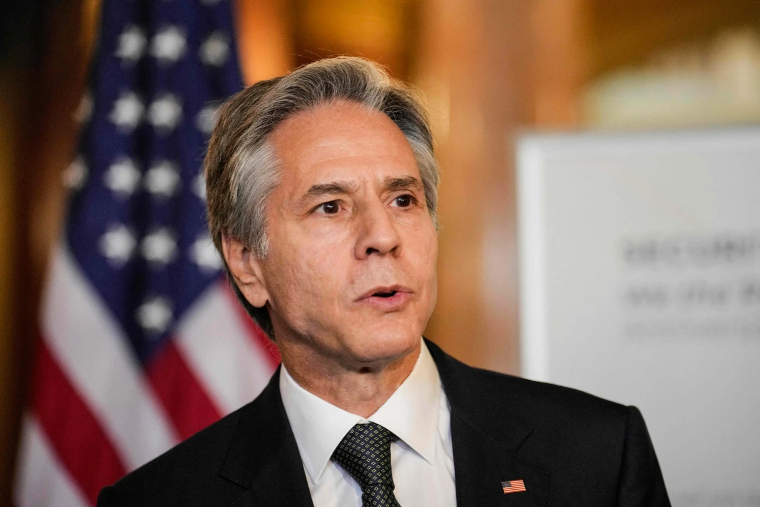To all the CEOs, to the business leaders who are here today, thank you for the work that you’re doing to strengthen the trade and investment ties between the African countries and the United States, for making it easier for our people to exchange their ideas, to exchange their goods, to exchange their services.
You all know this: The ties that we already have are robust. Last year, two-way trade in goods and services between African nations and the United States totaled more than $80 billion, supporting hundreds of thousands of jobs in our countries.
Our trade and investment ties have also helped to make progress on our shared priorities, on global challenges, from food insecurity to global health.
A couple of examples, well-known to many of you. The work being done in Northern Nigeria by a small U.S. company by the name of John Deere, which produces a little bit of farming equipment.
But besides the equipment, for the past few years, John Deere has provided agricultural training and youth education to smallhold farmers so that they’re able to apply new, more effective farming techniques. And we’re seeing the fruit of that kind of partnership; in some areas, farm yields have gone up by 20 percent.
Pfizer, another great U.S. company, which alongside German biotech company BioNTech agreed to manufacture its COVID-19 vaccine through The Biovac Institute, a South African biopharmaceutical company. Biovac will soon have the capacity to produce more than 100 million COVID-19 vaccines annually in its facility in Cape Town.
And this gets at something that’s vitally important for us, which is to make sure that part of what we’re doing is investing in local capacity, sustainable production capacity, so that African companies and African countries can produce what’s needed for themselves as well as for the world.
But we all know – you all know – that there is so much more that we can and we should do.
As business leaders, we appreciate the difficulty of the challenges you face. In so many ways this is one of the great inflection points of our time. And whether it’s the incredible volatility that you’re all experiencing, the changing costs of commodities, supply chain issues caused by COVID, integrating new technologies that are evolving at an ever-faster pace, we know that this complicates life in profound ways.
And of course there are challenges that are, to some extent, unique to the region: differing tax structures across African nations, the balance required to create goods and services that are customized to each country’s consumers and their demands, changes required to engage a young workforce.
But there’s tremendous opportunity in those challenges, as well. Take the younger workforce, for example, demanding more, higher-quality jobs, constantly looking for ways to upskill. If we provide them with the chance to do that, we have a chance to build one of the most talented workforces, one of the most dedicated consumer bases, in the world.
We’re also trying to listen – listen to our partners, listen to their needs. Ultimately, what we’re doing has to be driven by that, not by something invented half a world away.
For example, we’ve been listening, and we’ve been hearing loud and clear ideas for better utilizing AGOA. And we look forward to working with you to ensure that we maximize its full potential going forward.
Continued next page
(116 VIEWS)


